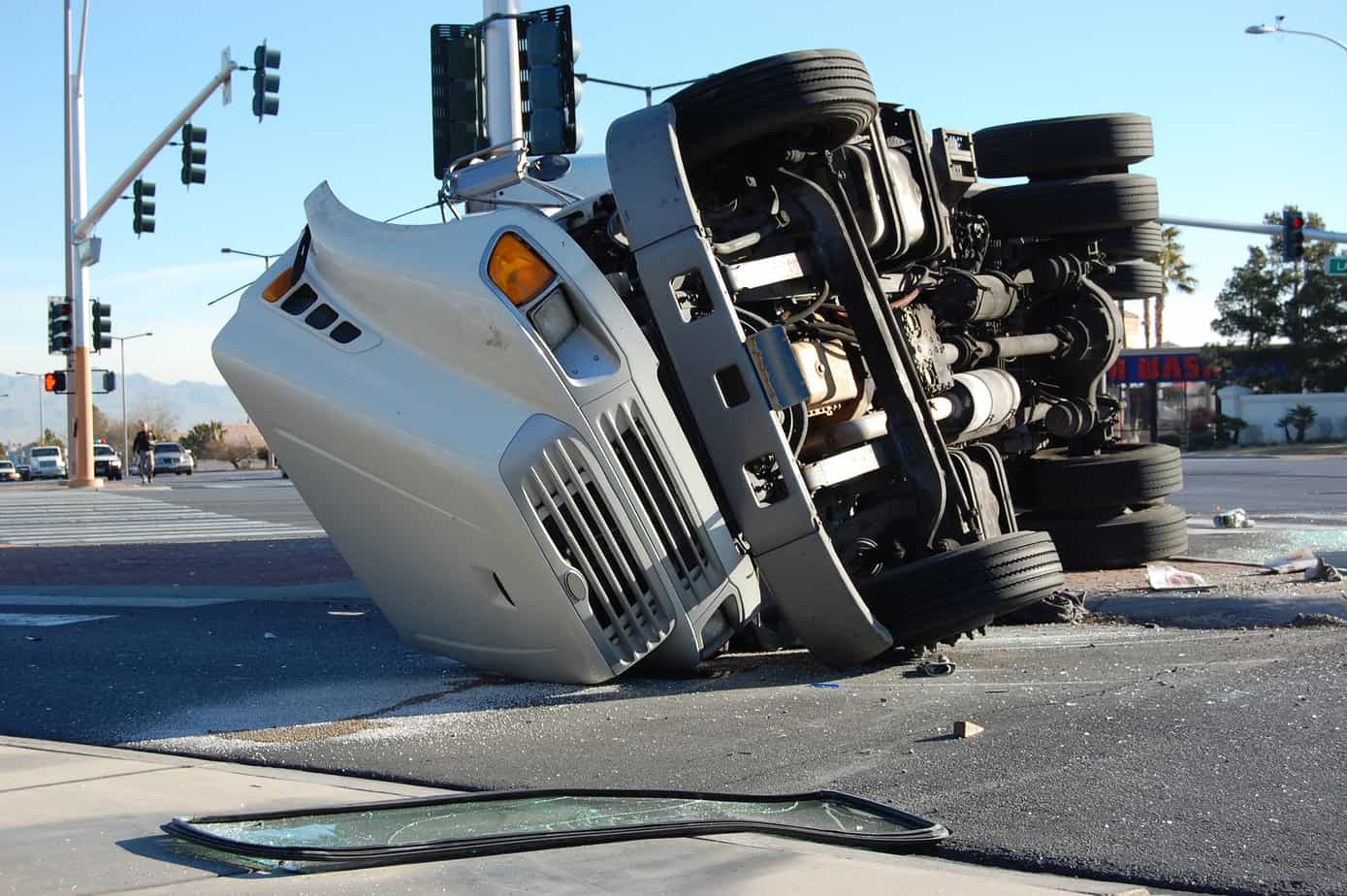Truck accidents are complex and can have devastating consequences, resulting in severe injuries and intricate legal challenges. If you or a loved one has been involved in one of these accidents, it is crucial to understand the intricacies of trucking injury claims. This comprehensive guide will walk you through the essential steps and considerations for pursuing a trucking injury claim and seeking the compensation you rightfully deserve.
Understanding Trucking Accidents
Trucking accidents involve large commercial vehicles, such as tractor-trailers, semi-trucks, and big rigs. These vehicles can weigh up to 80,000 pounds and cause catastrophic damage in the event of a collision. Understanding the common causes of trucking accidents can help you build a strong case:
Negligence: Many trucking accidents are caused by driver negligence, including speeding, distracted driving, fatigue, and driving under the influence.
Poor Vehicle Maintenance: Lack of proper maintenance can lead to brake failure, tire blowouts, and other mechanical issues, resulting in accidents.
Adverse Weather Conditions: Rain, snow, and fog can impair visibility and make road conditions hazardous, contributing to trucking accidents.
Improper Loading: Overloading or incorrectly securing cargo can lead to imbalanced trucks and accidents.
Seeking Medical Attention
Prioritize Your Health: After a trucking accident, seek medical attention immediately, even if you believe your injuries are minor. Some injuries may not manifest symptoms right away.
Document Medical Treatment: Keep detailed records of all medical treatments, prescriptions, and expenses related to your injuries. These records will be vital when filing your trucking injury claim.
Gathering Evidence
Accident Scene Evidence: If possible, gather evidence from the accident scene, such as photos of the vehicles involved, skid marks, and road conditions.
Witness Statements: Collect contact information from witnesses who saw the accident. Their statements can provide essential support for your claim.
Police Report: Obtain a copy of the police report detailing the accident’s circumstances. This report can serve as an official record of the incident.
Trucking Company Records: If you can, obtain the truck driver’s logs, maintenance records, and any other relevant documents from the trucking company.
Identifying Liable Parties
Driver Liability: The truck driver may be held responsible for the accident if their negligence or recklessness caused the collision.
Trucking Company Liability: If the driver was an employee of a trucking company, the company may also be held liable for the accident under the legal principle of “vicarious liability.”
Third-Party Liability: In some cases, other parties, such as the manufacturer of faulty truck parts or the entity responsible for road maintenance, could share liability for the accident.
Working with an Attorney
The Importance of Legal Representation: Trucking injury claims can be incredibly complex, involving multiple parties and insurance companies. An experienced personal injury attorney can navigate the complexities on your behalf.
Free Initial Consultation: Many personal injury attorneys offer a free initial consultation, allowing you to discuss your case without any financial commitment.
Contingency Fee Arrangement: Personal injury attorneys often work on a contingency fee basis, meaning they only get paid if you win your case. This arrangement can alleviate financial stress during the legal process.
Calculating Damages
Medical Expenses: Include all medical costs, including hospital bills, surgeries, prescription medications, physical therapy, and future medical needs related to the accident.
Lost Income: If your injuries result in time off work, you can claim lost wages and potential future earnings if the accident affects your ability to work.
Pain and Suffering: Non-economic damages, such as physical pain, emotional distress, and loss of enjoyment of life, can also be claimed.
Negotiating with Insurance Companies
Proceed with Caution: Insurance companies may try to settle your claim quickly and for a lower amount than you deserve. Be cautious and avoid accepting the first offer.
Consult Your Attorney: Your attorney can handle communication with insurance companies and negotiate for a fair settlement based on the true value of your claim.
Dealing with Insurance Adjusters
Be Cautious of Recorded Statements: Insurance adjusters may request recorded statements from you. Be careful while providing these statements, as they can be used against you later. Consult your attorney before agreeing to any recorded interviews.
Avoid Signing Releases Too Soon: Insurance companies might pressure you to sign a release, closing your claim prematurely. Before signing anything, fully understand the implications and consult your attorney to ensure it’s in your best interest.
The Litigation Process
Filing a Lawsuit: If an adequate settlement cannot be reached through negotiations, your attorney may advise filing a lawsuit against the responsible parties.
Discovery Phase: During the litigation process, both sides will gather evidence through the discovery process, including depositions, document requests, and interrogatories.
Trial or Settlement: Most personal injury cases, including trucking injury claims, are settled before trial. However, the case will proceed to trial if a fair settlement cannot be reached.
The Importance of Patience
Legal Proceedings Take Time: It’s essential to understand that trucking injury claims can take months or even years to resolve, especially if the case goes to trial. Be patient and trust your attorney’s expertise throughout the process.
Focus on Recovery: While your attorney handles the legal aspects of your claim, focus on your recovery and rehabilitation. Prioritize your health and well-being during this challenging time.
Understanding the Statute of Limitations
What is the Statute of Limitations: The statute of limitations refers to the legal time limit within which you must file a trucking injury claim. Each state has its specific statute of limitations for personal injury cases, including those involving trucking accidents.
Why Time Matters: Understanding and adhering to the statute of limitations is crucial because if you miss the deadline, you may lose your right to pursue a claim altogether. Insurance companies and defense attorneys will likely use this as a defense to have your case dismissed.
Varying Timeframes: The statute of limitations can vary from state to state, ranging from one to six years or more. It may also depend on the nature of the claim and the parties involved. Consulting with a personal injury attorney in your state will help you determine the specific timeframe for your case.
Tolling the Statute: In certain situations, the statute of limitations may be “tolled,” which means the clock on the time limit is paused or delayed. Tolling may occur if the injured party is a minor during the accident or is incapacitated and unable to pursue legal action.
The Sooner, the Better: Even though you may have a reasonable amount of time under the statute of limitations, it’s advisable to take action as soon as possible. Delaying your claim could lead to losing crucial evidence or witnesses, weakening your case.
Seeking Justice and Fair Compensation
Understanding the statute of limitations is essential when pursuing a trucking injury claim. Adhering to the specified time limits in your state ensures that your case remains valid and preserves your right to seek compensation for your injuries and losses. Don’t let time slip away; consult with a personal injury attorney promptly to initiate the legal process and stand up for your rights. By taking swift action and being well-informed, you can navigate the complexities of trucking injury claims successfully.



